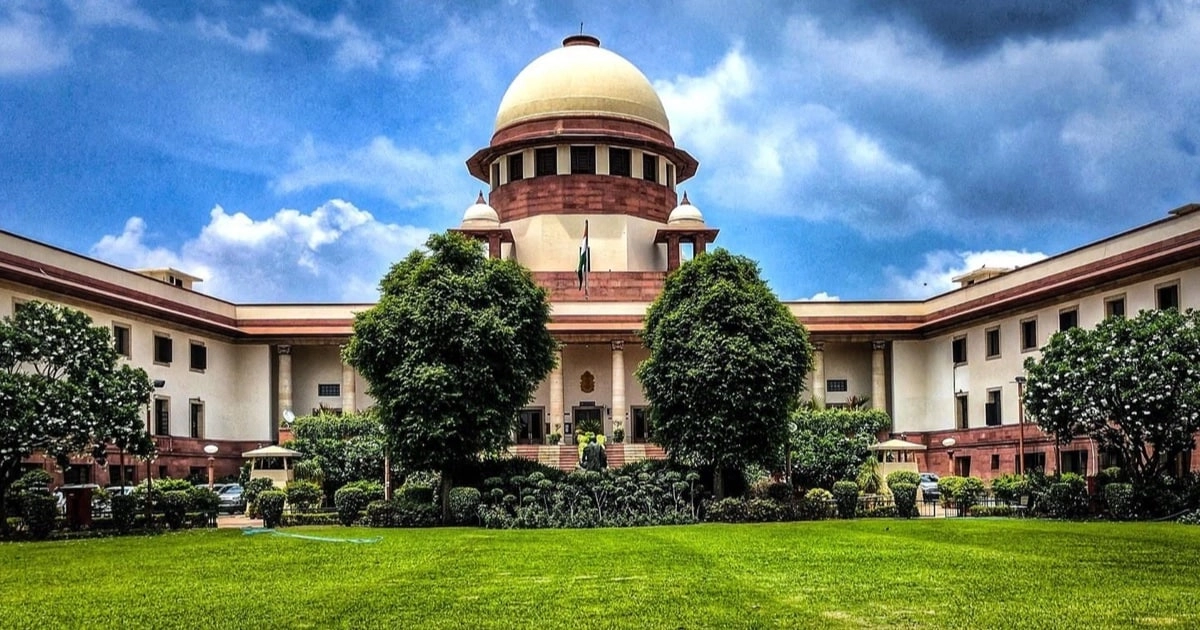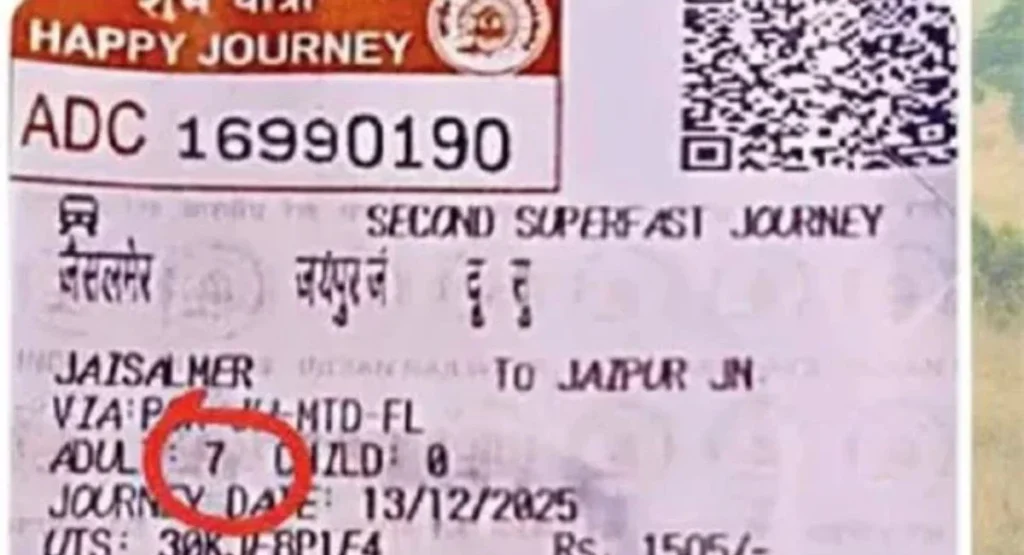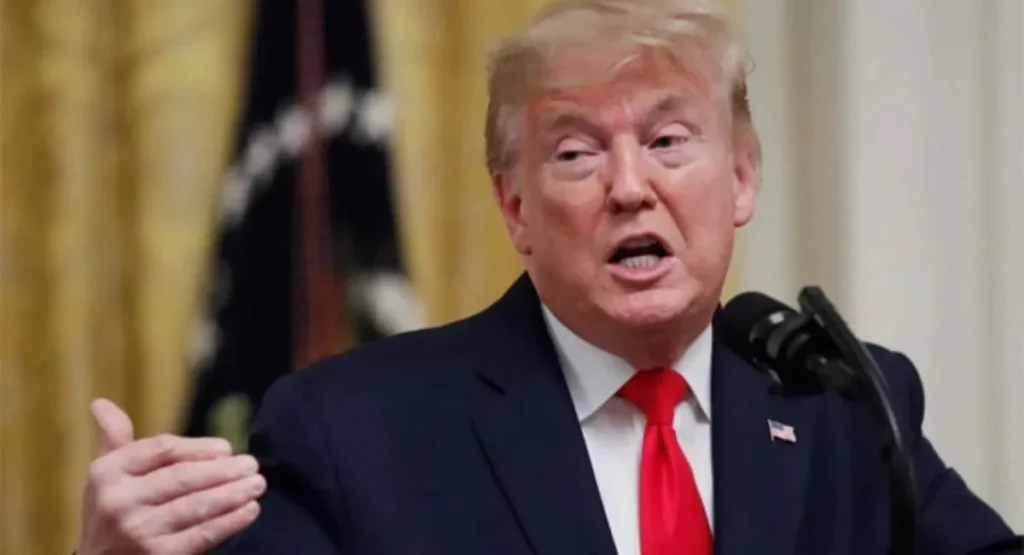The Supreme Court of India has recently addressed the controversial demolition of properties in Prayagraj, which occurred as part of an anti-encroachment drive. This action has drawn significant attention and criticism, prompting the highest court in the country to step in and express its concerns. The Supreme Court highlighted that such bulldozer actions can have profound implications on individual rights and the principles of justice. By using strong language, the court emphasized that these demolitions, often perceived as punitive measures against certain communities, challenge the very essence of a fair legal process.
The court’s observations reflect a growing unease regarding the manner in which state authorities are exercising their power, particularly in cases where due process appears to be sidelined. The Supreme Court noted that such actions not only violate the rights of individuals but also shock the collective conscience of society. The implications of these demolitions extend beyond the immediate destruction of property; they raise fundamental questions about the rule of law and the equitable treatment of citizens. In a nation that prides itself on democratic values, the erosion of these principles can lead to widespread social unrest and a breakdown of trust in governmental institutions.
Furthermore, the Supreme Court’s intervention serves as a crucial reminder of the judiciary’s role in safeguarding civil liberties. By scrutinizing the Prayagraj bulldozer action, the court is asserting its responsibility to ensure that all citizens are treated justly, regardless of their background. This case highlights the delicate balance between enforcing law and order and respecting the rights of individuals. The court’s stance may set a precedent for future cases, emphasizing that state actions must always align with constitutional guarantees.
In conclusion, the Supreme Court’s condemnation of the Prayagraj bulldozer action underscores the need for a thorough examination of how state power is wielded in India. It signals a call to action for both the government and society to uphold the principles of justice and equity. As discussions surrounding this issue continue, it is essential for all stakeholders to engage in dialogue that fosters understanding and promotes the rule of law, ensuring that no individual is subject to arbitrary action by the state. The judiciary’s proactive role in this instance is a crucial step towards reinforcing the foundations of democracy and protecting the rights of all citizens.




